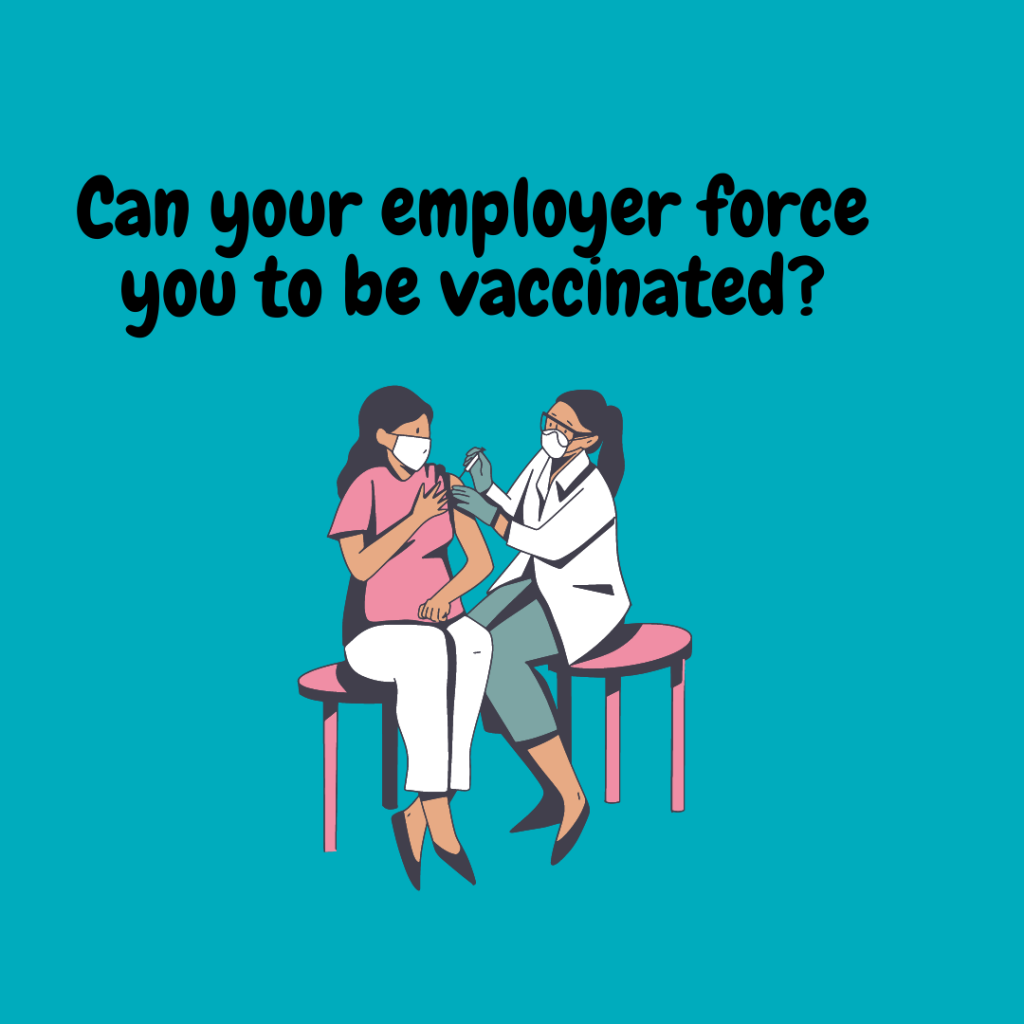Guide to Stop Bullying Application
If you have been bullied at work, you may have a claim under the Fair Work Act 2009 (Cth).. Bullying at work occurs when a person or group of people repeatedly behave unreasonably towards a worker or a group of workers at work. If the bullying behaviour creates a risk to health and safety, then it may be considered as meeting the threshold of workplace bullying under the Act.
Are you covered under the Anti-Bullying Laws?
If you are an employee in a ‘constitutionally covered business’, you can make an application under the national anti-bullying laws. Constitutionally covered businesses are those including:
- Businesses that are constitutional corporations; including proprietary limited companies, foreign Corporations, a trading or financial corporation from within the limits of the commonwealth,
- The Commonwealth; including federal government Departments
- The Commonwealth authority; for example, a federal court or the police
- Body corporates incorporated in a territory
- Businesses or organisations conducted principally in a territory or Commonwealth place.
Therefore, the laws cover most workplaces and even protect individuals who are outworkers, students gaining work experience, contractors or subcontractors and volunteers.
If you have concerns that your employer is not covered by anti-bullying legislation, please contact Resolution123 to discuss.
Are you experiencing Bullying at work?
In order to be considered as bullying behaviour, you must be able to satisfy two principal requirements.
- A person or a group of people repeatedly behaving unreasonably towards a worker or a group of workers.
This may involve behaviour which is:
- Aggressive or intimidating
- Belittling or humiliating
- The spreading of malicious rumours
- Teasing, practical jokes or ‘initiation ceremonies’
- Exclusion from work related events
- Unreasonable work expectations, including too much or too little work, or work below or beyond a worker’s skill level
- Displaying offensive material
- Pressure to behave in an inappropriate manner
Note, there is a requirement for this behaviour to be repeated. If the conduct has occurred as a one off, you may be precluded from making a claim.
- Secondly, the behaviour must create a risk to health and safety
This will be considered in light of the surrounding facts and circumstances but will include any consideration of your physical and psychological health.
When is it not considered as bullying?
Reasonable management action which is carried out in a reasonable manner is not bullying. For example, if the conduct could be considered as any of the following, you may be precluded from making a claim.
- Performance management processes
- Disciplinary action for misconduct
- Informing a worker about unsatisfactory work performance or inappropriate work behaviour
- Asking a worker to perform reasonable duties in keeping with their job
- Maintaining reasonable workplace goals and standards.
Please note, if your employer has engaged in any of these behaviours in an unreasonable manner, you may still have a claim.
How do I apply?
If you think you have been a victim of bullying or harassment at work then, as a first step, you should speak to someone at your workplace about it. This can include a supervisor or manager, HR representative or your union. If your workplace has a policy or procedure related to bullying, you should ensure you comply with it. You should make a formal complaint about the behaviour you have experienced.
If this is not successful, and you do not believe your concerns have been addressed you can seek assistance with the Fair Work Commission. You can only do this if you are still an employee. You make an application by lodging a Form F72. You can lodge the form by email, facsimile, express post or in person at a Commission office. The application must be accompanied by the appropriate filing fee.
What happens after I apply?
If you have lodged an application to stop the workplace bullying, the Commission will send a copy of the application to:
- The person or business that employs you
- The person or people you are alleging has engaged in the bullying behaviour
- The person or business that employed or engaged the person or people you are alleging to have undertaken in bullying behaviour
- Any representatives of those people or entities.
The Commission will then make a decision as to the most appropriate means to resolving the matter. Usually, this will be by mediation, conference or a hearing. All parties will receive written notice with the date and time to appear before the commission.
Mediation
Mediation is an informal, confidential and voluntary step between both parties. At mediation, there is no requirement for financial compensation, and in fact this is something the Commission cannot order. The objective of a stop-bullying application is to create a situation where it is safe for an employee to return to work and for the bullying in question to stop.
If you come to an agreement at mediation then a written agreement will be drawn up and the matter will not be sent to the commission. If no agreement is reached, then you may ask for the matter to proceed to a conference or a hearing.
Commission
The Commission may determine an application at either a conference or a hearing.
- Hearing: This is a formal proceeding which involved formal evidence and the member makes a decision on the facts.
- Conference: This is a more informal proceeding which is conducted privately.
At both dispute resolution forums, the Commission will consider whether the application fits within the coverage of the anti-bullying jurisdiction, whether bullying has occurred and whether there is a risk of further bullying conduct at the workplace. The Commission may make an order or dismiss the application, depending upon the basis which it is considered upon.
Orders and Remedies
Orders made by a Commission member are binding and anyone bound must comply. The Court may impose substantial penalties on parties who fail to comply. Any order which a member considers appropriate to prevent further bullying may be made. The focus is on preventing any further bullying and orders may include:
- Requiring those engaged to stop the specified behaviour
- Regularly monitoring the behaviour
- Compliance with an anti-bullying policy which is in place at the employer or principal
- Providing information or support to the worker
- A review of the employers or principals bullying policy.
If you believe you have been bullied in the workplace, or require any assistance with a stop-bullying application, please contact Resolution123.





